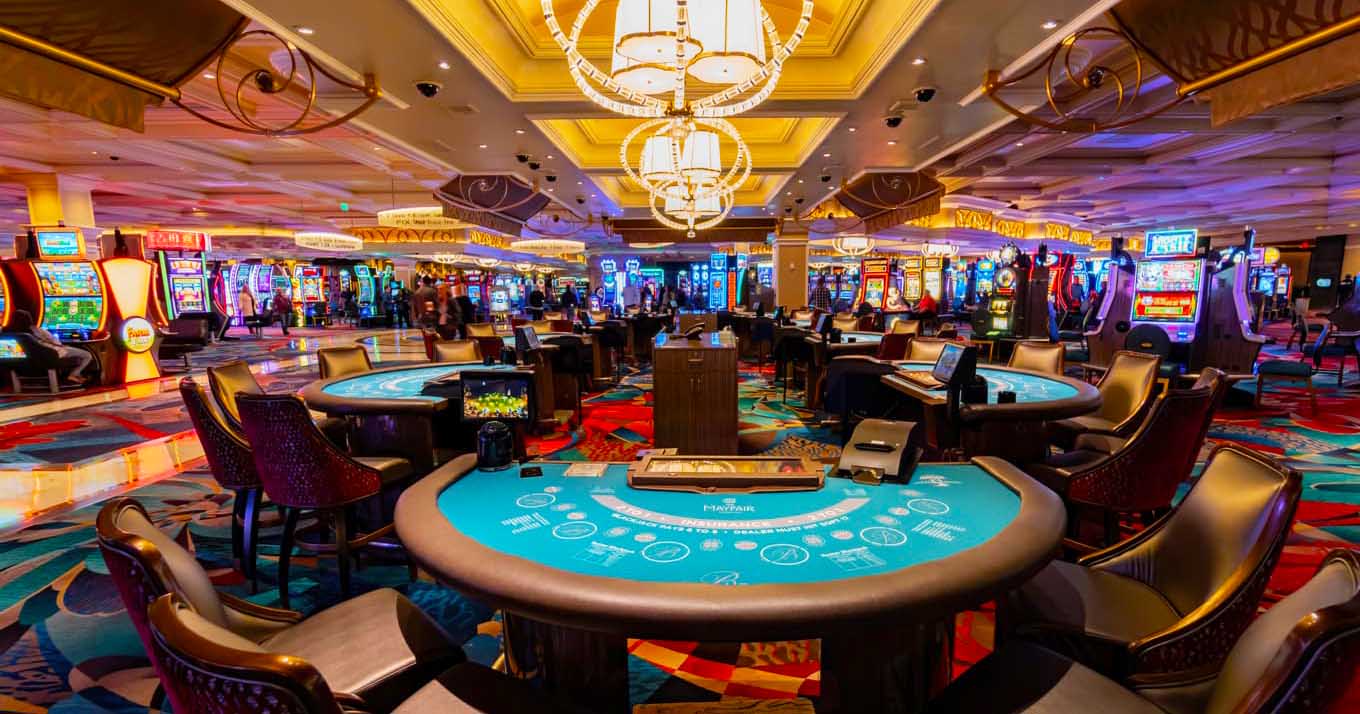
Gambling has been an important part of human recreation for millions of years, evolving through societies and periods to become the vibrant casino games we know today. From the ancient Chinese and Romans, who engaged in different forms of gambling and luck, to the sophisticated gaming floors of today’s casinos, the attraction of gamble and winning has fascinated individuals across the globe. The change from basic dice games and rudimentary betting setups to the extravagant environments of modern casinos reflects considerable strides in both cultural standards and technological.
As cultures evolved, so too did the complexity of gambling activities, with casino games emerging as a separate category of entertainment and excitement. These activities have transformed from casual gatherings centered around traditional tables to expansive, opulent establishments designed to lure players. beste casino zonder cruks Today, we explore this fascinating journey, examining how historical practices laid the groundwork for the diverse and exciting casino activities that bring joy to millions worldwide.
spintax
Historical Wagering Practices
Betting has profound roots in human history, with indications of activities of chance originating from ancient societies. Archaeologists have discovered that as far back as 3000 BC, the people of China were using primitive forms of betting with dice made from bones. Similarly, ancient Mesopotamians engaged in betting activities, often relying on the tossing of lots or dice to determine results. These early forms of gambling served not only as entertainment but also played crucial roles in social and cultural customs.
The Egyptians also participated in gambling activities, with games that included betting on the results of various occurrences, including athletic events and spiritual festivals. Items such as dice and depictions of players from ancient tombs show that gambling was a common pastime. It provided both relaxation and a means of engaging in social interaction, often linked to joyful occasions or important gatherings. This activity showed the universal appeal of chance and competition throughout the ages.
In ancient Rome, wagering became a prevalent practice among the people, as reflected by references in texts and the establishment of guidelines around certain games. Romans enjoyed a variety of gambling activities, from betting on horse races to playing games similar to modern-day board games. The legal framework surrounding these activities began to take shape, establishing the foundations for betting regulations that would develop in the centuries to come. The prevalence of betting during this period set the stage for the development of gambling house games in the future.
The Progression of Gambling Games
Gambling games have gone through substantial transformations from their origins to the contemporary entertainment offerings. In early civilizations, gaming was often associated to ceremonial practices, with games of dice found in Mesopotamia and wagering on the outcomes of events in classical Rome. These primitive forms of gambling laid the basis for the organized games we see today. The shift from informal gambling to systematic games occurred as societies began creating rules and venues for wagering, demonstrating cultural values and practices.
The medieval period saw the rise of card games, which gained fame among the nobility of Europe nobility. Games like first and the game baccarat became staples in social gatherings. The development of printing technology also enabled the spread of playing cards, making them more available to the common people. As gambling houses began to multiply, these card games transformed into adaptations that catered to wider audiences, eventually leading to the establishment of casinos as dedicated venues for gaming.
The 20th century marked a significant point in the development of casino games, with the growth of commercial casinos in Las Vegas and other gaming hubs. This era saw the introduction of games like video slots and modern variations of table games, complete with high-quality graphics and detailed betting structures. The introduction of online casinos in the late 1990s also revolutionized the gaming industry, allowing players to access a wide range of casino games from the comfort of their homes. Today, gambling games persist to evolve, blending traditional elements with state-of-the-art technology to create captivating experiences for players globally.
Modern Gaming Laws
In recent years, the area of gambling regulations has evolved substantially, particularly as technology and internet-based gambling have become increasingly prevalent. Governments around the planet have introduced multiple regulations and guidelines to ensure that gaming activities are conducted justly, responsibly, and openly. These laws often cover aspects such as permits, marketing, player protection, and sensible gaming measures. Authorities aim to reduce issues such as problem gambling and fraudulent activities while promoting a equitable gambling environment.
The growth of online casinos has required a fresh approach to regulation. Many legal areas have created dedicated internet-based gambling structures that cater to online gambling, allowing operators to offer their offerings within the law. These structures often demand operators to secure licenses, adhere to strict safety standards, and offer assistance options to help players. By vigilantly observing internet activities, authorities can more effectively protect consumers from potential harm and ensure that gambling is conducted in a protected manner.
Additionally, modern gaming regulations are progressively centering around responsible gambling initiatives. Many gaming establishments and internet-based platforms now adopt features such as player exclusion, financial limits, and time-outs to help players manage their gaming habits. Educational campaigns aimed at educating about the dangers of gambling are also frequent. As the industry continues to expand, the focus on sensible gaming remains a cornerstone of regulatory efforts, showing a commitment to promoting a safe and enjoyable gambling experience for all players.